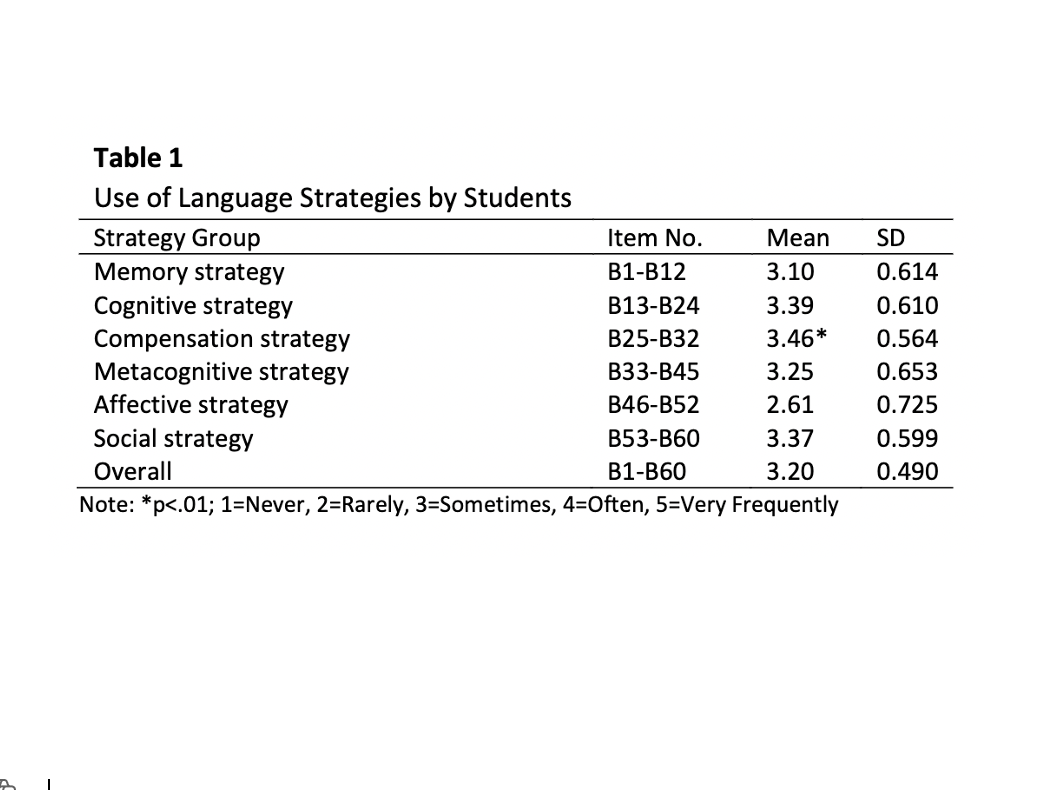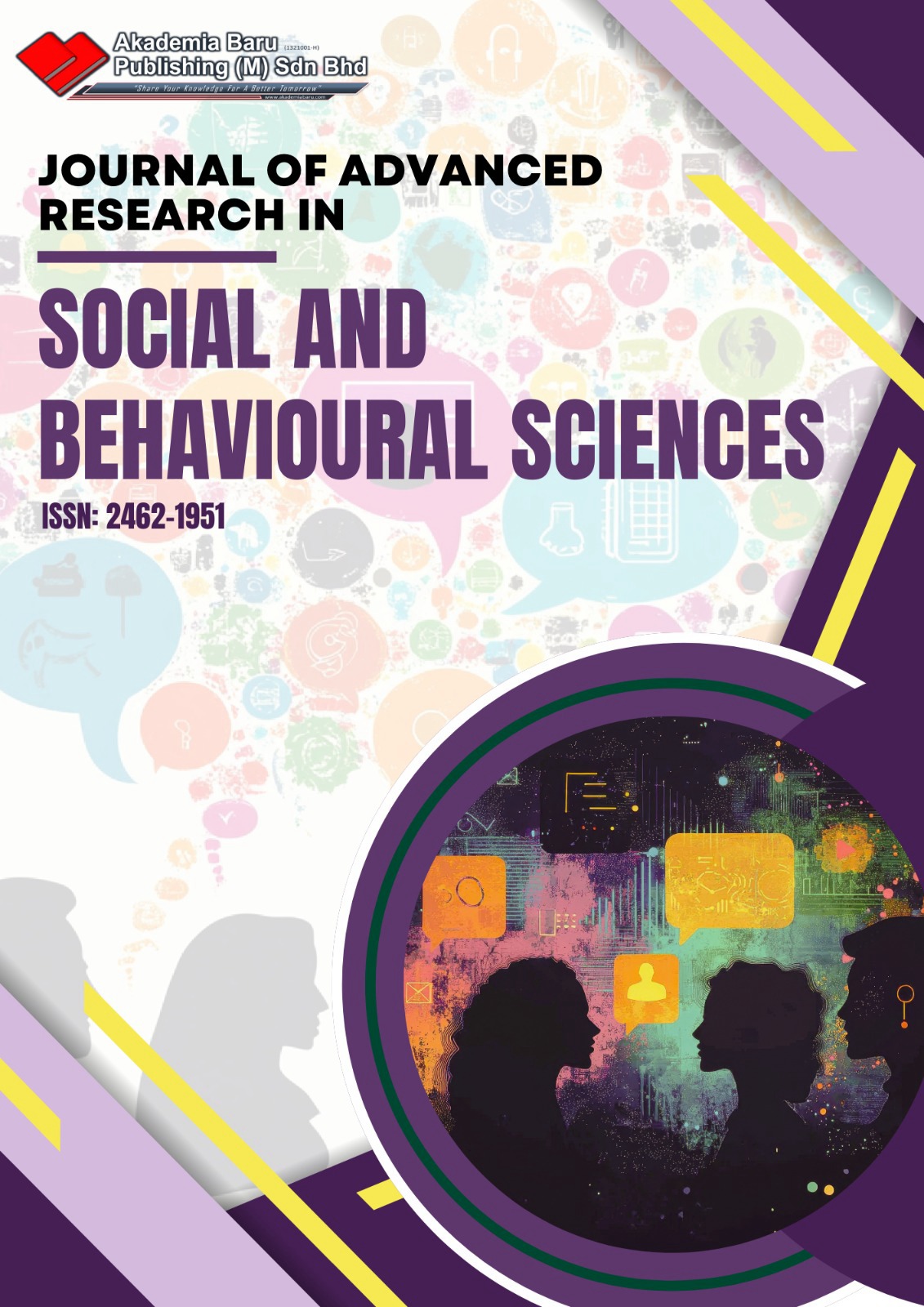Language Learning Strategies and Learner Autonomy in Learning Japanese
Keywords:
Language learning strategies, Learner autonomy, Japanese language learningAbstract
The Japanese language is very popular among many youths as it is viewed as a means to secure better employment, in addition to understanding popular Japanese culture. Language learning strategies and learner autonomy are two key dimensions in learning Japanese as a foreign language. This study aims to identify language learning strategies used and perceived extent of learner autonomy among tertiary students in a Japanese Language Proficiency Test (JLPT) preparatory class. It also attempts to find the relationship between language learning strategies and learner autonomy in the context of learning Japanese in Malaysia. The results of the quantitative method show that the students are medium users of language learning strategies and possess learner autonomy extent at an average level. In addition, it is found that there is a high significant correlation between language learning strategies and learner autonomy in learning Japanese. It is hoped that this study could contribute towards more efficient and effective language learning process of Japanese language specifically and other foreign languages.











